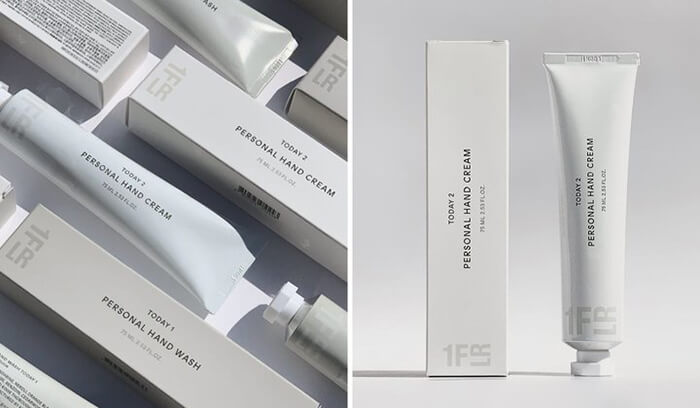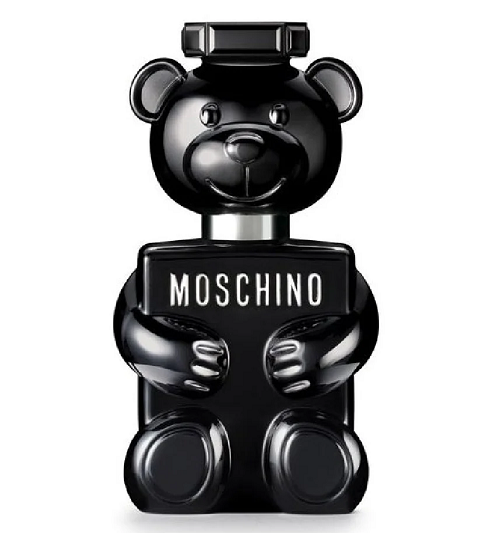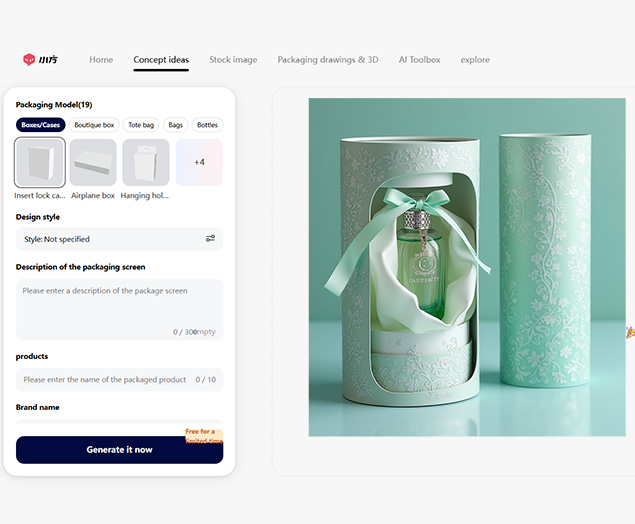The Impact of Nuclear-contaminated Water on Japanese Cosmetics & Brands
According to a report by Japan’s Kyodo News, on June 12, the Tokyo Electric Power Company (TEPCO) began a trial run of the equipment to discharge contaminated water from the Fukushima Daiichi Nuclear Power Station into the ocean. This trial run was expected to last for about two weeks. Many consumers started questioning products from Japan. Japan’s sudden claim about the health hazards of nuclear-contaminated water sparked discussions about whether products from areas possibly affected by nuclear pollution, such as seafood, could still be used. Brands involved in this topic had to release statements to dispel rumors, but whether consumers will continue purchasing their products remains to be seen.

Can Japanese Cosmetics Still Be Used?
The report mentions that there are areas along the banks where the Katsura River and Lake Biwa meet, where a large amount of wood chips containing radioactive cesium is being stored. According to the official SK-II WeChat account, the factory for their product “Miracle Water” is located by Lake Biwa, Japan’s largest lake, and it’s the sole source of water for the brand, with no other production channels globally.
Regarding the issue of nuclear contamination, Procter & Gamble (P&G) responded by stating that the mentioned nuclear radiation actually stemmed from an illegal dumping incident along the Katsura River and Lake Biwa back in 2014, and the local area was not affected by nuclear radiation. P&G mentioned that all SK-II products are produced strictly according to internal quality standards and external regulations, complying with market supervision requirements. To ensure the safety of SK-II products, products imported to China undergo targeted radiation testing.
However, this statement did not eliminate public concerns, and the worry had a ripple effect on other Japanese skincare and makeup products. Some netizens compiled lists of brands, including IPSA, Shiseido, Dr.Ci:Labo, and Koh Gen Do, that they “don’t recommend using” anymore.
Regarding this incident, many netizens also consulted customer service of Japanese cosmetic brands. Most of the responses from customer service stated that their products are produced in strict accordance with Japanese cosmetic regulations and undergo rigorous customs inspections upon importation, assuring consumers of their safety.
The Impact of Nuclear-contaminated Water on Japanese Cosmetics
It’s worth noting that Japanese cosmetics have a significant influence in China. Starting in 2019, Japan became the largest importer of cosmetics to China, a position held until 2022 when it was replaced by France.
Chinese customs data for the period from January to November in 2022 shows that the top five countries for cosmetic imports are France, Japan, South Korea, the United States, and the United Kingdom. Among these, France accounted for 24.98% of the total import amount, followed by Japan at 24.77%.
Well-known Japanese cosmetic brands include SK-II, Shiseido, Albion, KOSE, POLA, Clé de Peau Beauté (CPB), IPSA, Decorté, Dr.Ci:Labo, FANCL, DHC, and SOFINA.
The Potential Impact of Nuclear-contaminated Water
Experts from the International Atomic Energy Agency (IAEA) have issued an assessment report that clearly indicates that the processed tritium-containing waste water from the Fukushima nuclear power station still contains other radioactive nuclides. According to TEPCO’s statistics, the nuclear-contaminated water contains a total of 62 radioactive nuclides. In August 2018, environmental activists analyzed data released by TEPCO and found that the processed nuclear-contaminated water contains more than just residual tritium.
Some industry insiders have stated that it’s necessary to classify cosmetics based on whether they use marine ingredients. The discharge of nuclear-contaminated water might impact marine-sourced ingredients like seaweed and fish collagen. “In addition to cosmetic ingredients directly sourced from the ocean, there are cases where certain radioactive elements could accumulate in marine life and be introduced into cosmetic ingredients.”
The concern is that these contaminants could accumulate in the food chain, leading to toxic levels when higher-level organisms consume lower-level organisms that have absorbed these pollutants. This bioaccumulation can lead to mutations in genetic material and cells, potentially increasing the risk of skin cancer.
It’s worth noting that the impact of nuclear-contaminated water might extend beyond Japan’s borders. German marine research institutions have pointed out that the Fukushima coast experiences some of the world’s strongest ocean currents. Within 57 days of discharge, radioactive substances will spread to most of the Pacific Ocean, and after 10 years, they will spread throughout global waters.
Many skincare and beauty products have been developed using extracts from marine organisms like seaweed and deep-sea fish. However, whether these products are affected depends on the specific substances used and their sources.
Chinese Restrictions and Public Concerns China currently still prohibits food imports from Fukushima and other areas affected by the nuclear disaster. Some netizens have sought clarification from customer service representatives of Japanese cosmetic brands, and most responses emphasize that their products adhere to Japanese cosmetic regulations and undergo strict customs inspection, assuring consumers that they can continue to use them.
The Impact on Japanese Cosmetic Brands
The response from the Tmall flagship store customer service of Shiseido stated that the company has three main production bases in Japan: the Kakegawa Factory, Osaka Factory, and Kuki Factory. Each factory undergoes rigorous safety checks, and tens of thousands of batches have been tested, with no radioactive substances from the Fukushima nuclear power station detected.
Since the Fukushima disaster, the Japan Cosmetic Industry Association (an industry organization) issued a statement saying, “The release of radioactive substances into the atmosphere from the Fukushima Daiichi nuclear power plant accident will not affect the health of consumers using cosmetics.” Some Japanese cosmetic companies have also increased testing for radioactive concentrations in their products.
Conclusion While there are concerns about the potential impact of nuclear-contaminated water on cosmetics and cosmetics box packaging, experts note that if proper measures are taken to ensure the safety of ingredients and products, the risk to consumers is likely minimal. Organizations like the FDA suggest that after proper treatment, released radioactive wastewater may not pose significant risks to human health or animals. However, the transparency of the analysis results of treated nuclear-contaminated water remains a concern, which has led to doubts about the safety of related products.
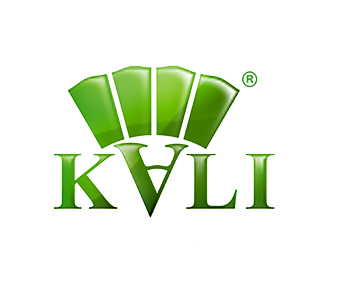
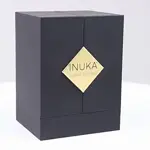
Top 10 Creative Cosmetic Packaging Design Ideas & illustrations 2023 | Luxury-Paper-Box.Com
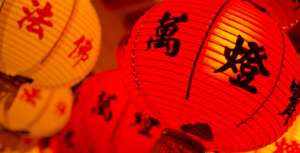
10 Customs Of The Spring Festival (Lunar New Year) You Need To Know
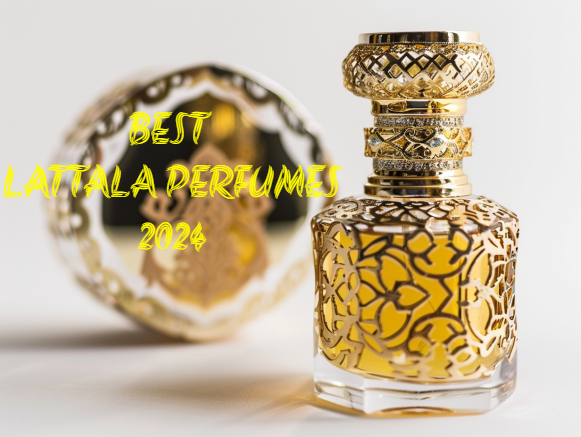
Top 10 Best Lattafa Perfumes for Women & Men in 2024
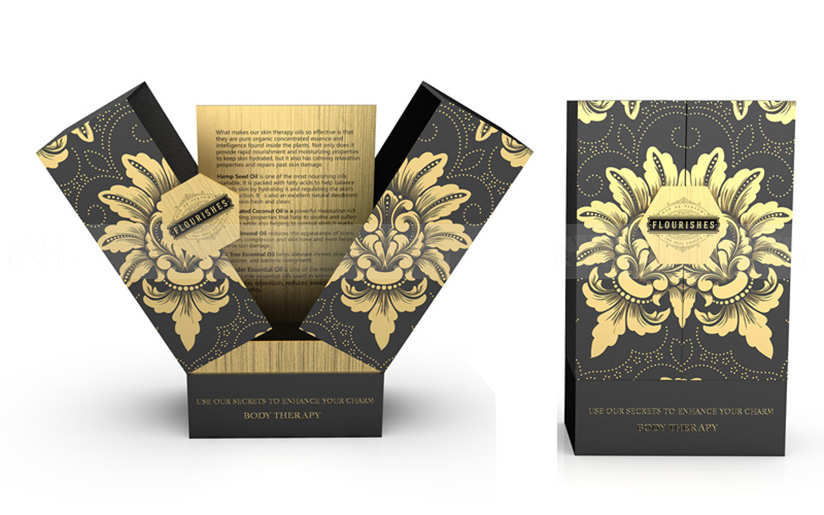
Top 10 Best Packaging Design Software 2023 (Free & Paid)

Best Chocolate Packaging Designs of 2025

Natural Concept Perfume Design Ideas: Tell Your Brand Story



 kali@luxury-paper-box.com
kali@luxury-paper-box.com
